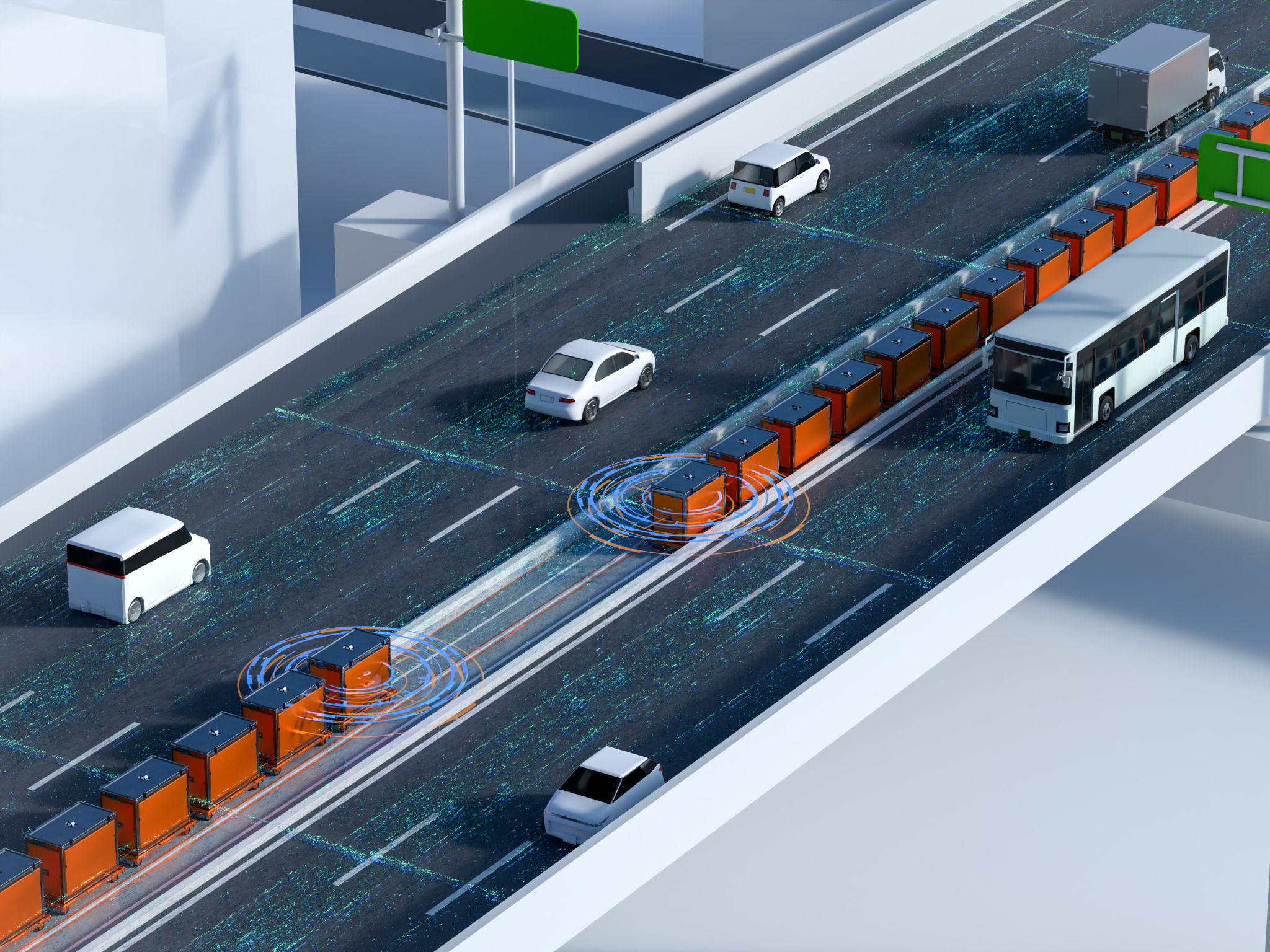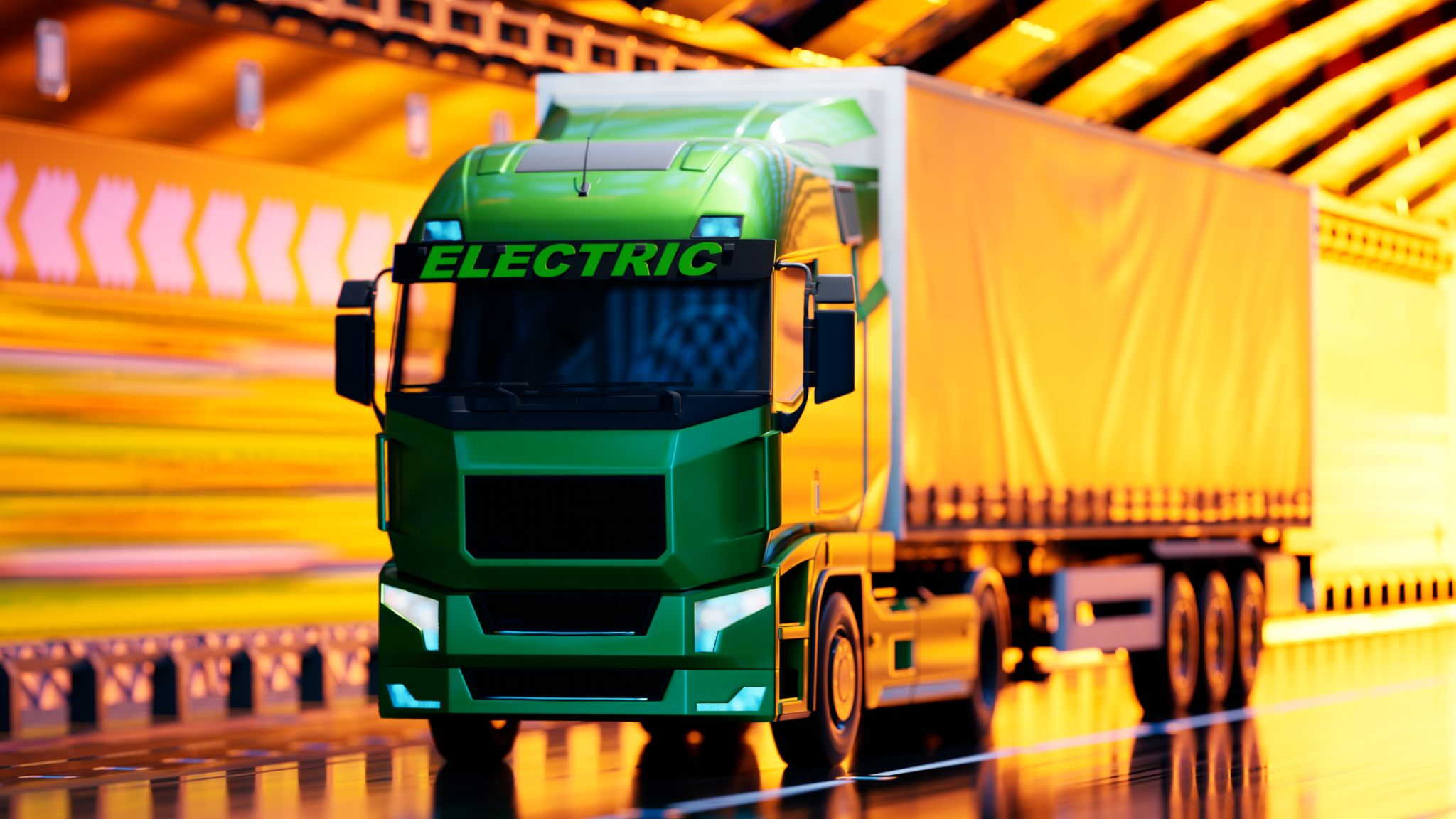Latest Trends in the Auto Transportation Industry: What You Need to Know
Embracing Technology: The Rise of Automation
The auto transportation industry is undergoing a significant transformation with the advent of automation. Self-driving trucks are no longer a distant dream but a reality shaping the future of transport logistics. Companies are investing heavily in autonomous vehicle technology to improve efficiency and reduce human error. This trend is expected to streamline operations and cut down delivery times, providing a competitive edge in the market.

Moreover, the integration of IoT (Internet of Things) in vehicles is facilitating real-time tracking and monitoring. This technology enables companies to optimize routes, manage fuel consumption, and ensure timely maintenance. As a result, businesses can offer enhanced service reliability and safety, ultimately boosting customer satisfaction.
Environmental Sustainability: Going Green
As environmental concerns continue to rise, the auto transportation industry is taking significant steps towards sustainability. The push towards electric and hybrid vehicles marks a crucial shift in reducing carbon footprints. Many transportation companies are adopting eco-friendly practices, investing in electric fleets to minimize emissions.
Another notable trend is the implementation of green logistics practices. Companies are focusing on optimizing supply chain processes to reduce waste and energy consumption. This includes efficient packaging, route optimization, and the use of renewable energy sources in warehouses and facilities.

Collaborative Logistics and Shared Mobility
The concept of shared mobility is gaining traction in the auto transportation sector. By collaborating with other businesses, companies can maximize vehicle utilization and reduce operational costs. Shared logistics platforms allow multiple businesses to consolidate shipments, leading to lower emissions and fuel savings.
This collaborative approach not only benefits the environment but also enhances service offerings by ensuring faster deliveries and expanding reach. It also fosters innovation as companies work together to develop new solutions for common challenges.

Regulatory Changes: Adapting to New Standards
The industry is also witnessing significant regulatory changes aimed at enhancing safety and environmental standards. Governments worldwide are implementing stricter emission norms and safety regulations, compelling companies to upgrade their fleets and adopt cleaner technologies. Compliance with these regulations is critical for maintaining operational licenses and avoiding hefty penalties.
Adapting to these changes requires strategic planning and investment in new technologies. Companies must stay informed about evolving policies to remain competitive and compliant in the ever-changing landscape.
Consumer-Centric Approaches: Enhancing Customer Experience
In today's fast-paced world, customer expectations are higher than ever. The auto transportation industry is focusing on consumer-centric strategies to enhance customer experiences. Real-time tracking, transparent communication, and flexible delivery options are becoming standard practices.
Companies are leveraging technologies like artificial intelligence and data analytics to gain insights into consumer preferences and behaviors. This data-driven approach allows businesses to tailor their services, ensuring they meet customer needs effectively and efficiently.